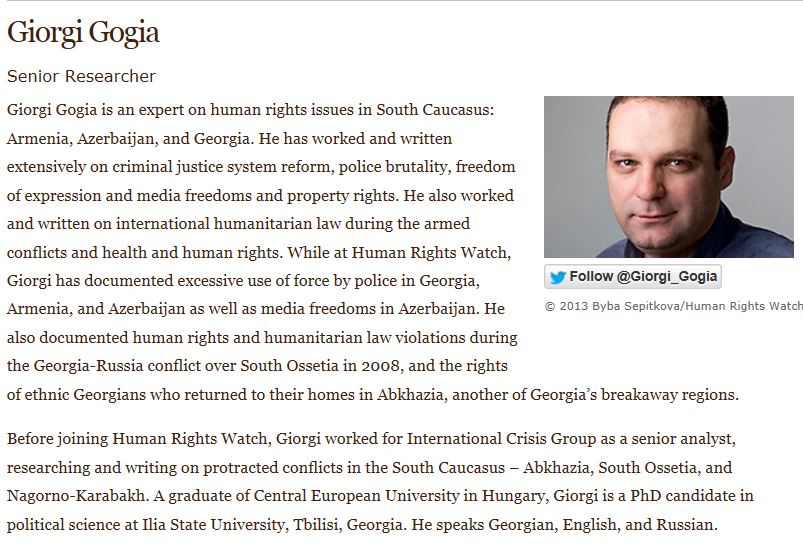Those interested in Joseph Muscat’s relationship with the Dictator of Baku should read this article
This piece was written by Giorgi Gogia of Human Rights Watch and published on its website on 31 March.
DISPATCHES: 31 HOURS MAROONED AT AZERBAIJAN’S AIRPORT
I just spent 31 hours in Heydar Aliyev International Airport in Baku, the capital of Azerbaijan – but not by choice.
I travelled there to attend the trials of two close colleagues and friends, prominent Azerbaijani human rights defenders who have been behind bars since August 2014 on a slew of bogus charges.
Instead of being present to give support to my friends, I was stripped of my passport and spent the best part of a day-and-a-half in a kind of limbo, questioned by officials, marched back and forth between the passport control area and the transit zone, and questioned again.
Unlike my friends, I got to leave at the end of it. But throughout, I was made to feel like a dangerous criminal. That’s what it’s come down to in Azerbaijan: in the eyes of the Azerbaijani government, if you work on human rights, you are a dangerous criminal.
One of the people on trial today is Intigam Aliyev. He has represented hundreds of victims of human rights abuses before the European Court of Human Rights. I couldn’t help but reflect on Aliyev’s words at the time of his arrest: “Those who defend human rights, and political prisoners and report on election fraud are considered criminals in this country. [So,] I am one of those criminals.”
The other person on trial is Rasul Jafarov, who had been involved in compiling a comprehensive list of victims of politically-motivated prosecutions in Azerbaijan, and pressing for their release. Clearly, a “dangerous” guy.
I spent a lot of time together with Rasul and Intigam, and Khadija Ismayiliova, Leyla Yunus, and others, getting the world to wake up to the crackdown underway in Azerbaijan. Now they’re all behind bars, in hiding, or in exile, their organizations shuttered.
When I got to passport control yesterday afternoon, officials took my passport and denied me entry into the country. I was never told why. They asked me to wait while they checked things out. So I waited. And waited. And waited.
Several times during the afternoon and evening officials asked me who I worked for and why I was in Baku. I have nothing to hide, I answered them very openly. They took me upstairs to a transit hall. They took me back downstairs to the passport area. And up and down again.
During my time marooned at the airport, I had ample opportunity to notice the brand spanking new, resplendent terminal, which Azerbaijan hopes will soon be filled with European leaders for the opening of the first European Games on June 12.
Clearly the Baku Games are designed to boost Azerbeijan’s global standing and President Ilham Aliyev’s prestige. But having so many human rights defenders and journalists behind bars does just the opposite.
As afternoon spilled into evening, I still harbored hopes that I’d get to Intigam’s and Rasul’s hearings the next day. As evening spilled into night, my frustration grew. I wanted to be at their trial, to show our solidarity.
Finally, at 9 p.m. this evening, border police escorted me to a plane and handed my passport to the flight crew. After 31 hours without my passport, sleep, a shave, or a bath, I was happy to be allowed to go home, but angry that Rasul, Intigam, Khadija, Leyla, and her husband Arif can’t do the same.
It’s time for the Azerbaijani government to free them and time for other governments to call on Azerbaijan to do so.

